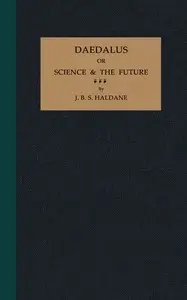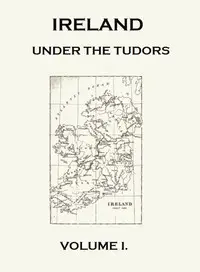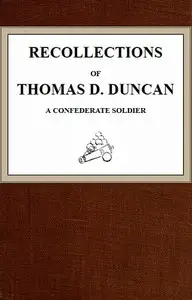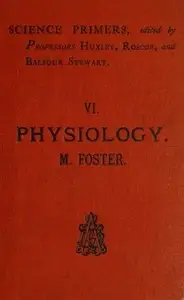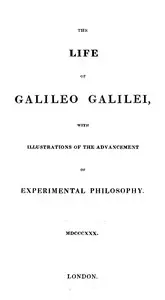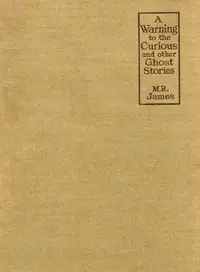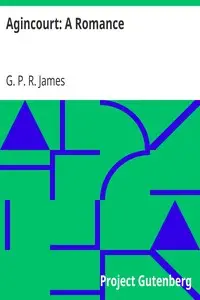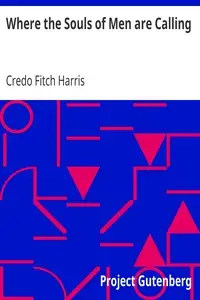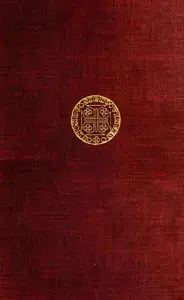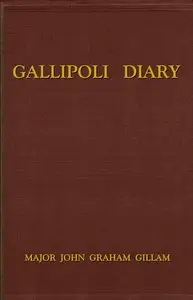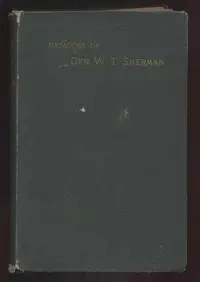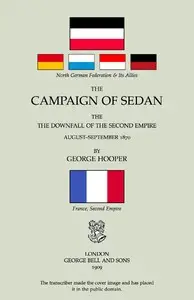"Callinicus: A Defence of Chemical Warfare" by J. B. S. Haldane is a scientific publication written in the early 20th century. This book presents an argument regarding the use of chemical weapons in warfare, analyzing their historical context and potential future implications. The author, a prominent biochemist, delves into the complexities surrounding war and chemical warfare, offering a perspective that balances the ethical concerns with practical military considerations. In this work, Haldane critiques the widespread pacifist sentiment that considers any form of chemical warfare as inherently cruel and uncivilized. He outlines the various chemical agents used during World War I, discussing their effects on soldiers and civilian populations. Through detailed analysis, Haldane argues that chemical warfare, particularly mustard gas, should be viewed as a means to reduce overall casualties rather than increase them. He posits that an informed and scientifically educated populace would handle the realities of future warfare more effectively, suggesting that the knowledge and understanding of chemical weapons could lead to their humane use. Ultimately, Haldane challenges readers to reconsider their perceptions of warfare and its tools, emphasizing the necessity of scientific literacy in addressing the complexities of modern conflicts. (This is an automatically generated summary.)
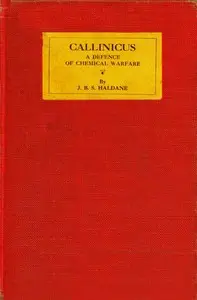
Callinicus : $b A defence of chemical warfare
By J. B. S. (John Burdon Sanderson) Haldane
"Callinicus: A Defence of Chemical Warfare" by J. B. S. Haldane is a scientific publication written in the early 20th century. This book presents an a...
John Burdon Sanderson Haldane, nicknamed "Jack" or "JBS", was a scientist born in Britain who later moved to India and took citizenship there, who worked in physiology, genetics, evolutionary biology, and mathematics. With innovative use of statistics in biology, he was one of the founders of neo-Darwinism. Despite his lack of an academic degree in the field, he taught biology at the University of Cambridge, the Royal Institution, and University College London. Renouncing his British citizenship, he became an Indian citizen in 1961 and worked at the Indian Statistical Institute until his death in 1964.


